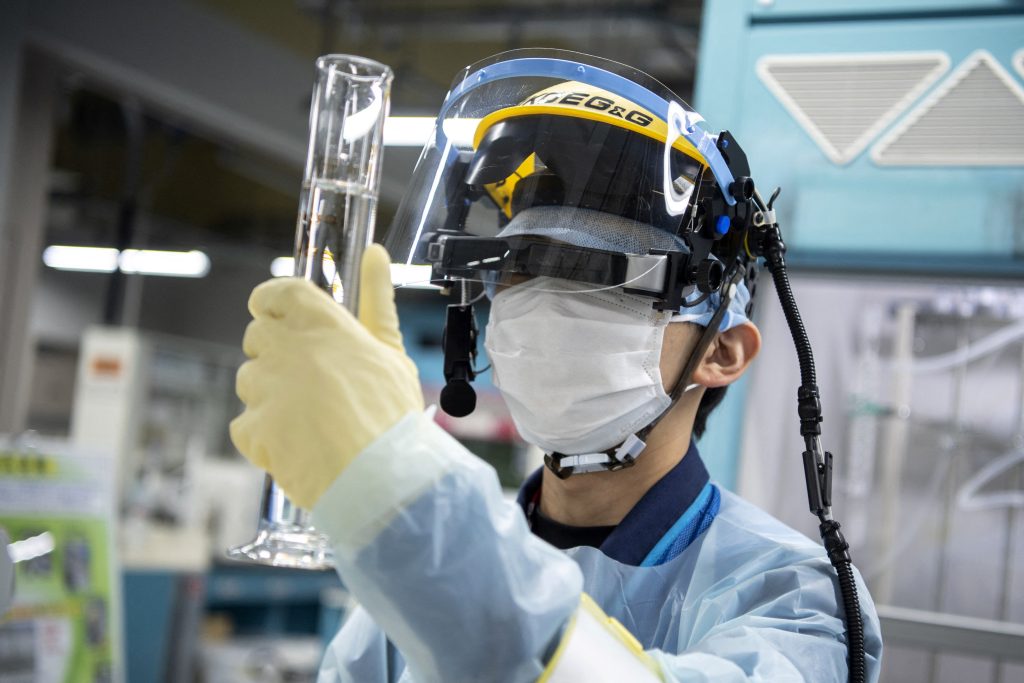
- ARAB NEWS
- 31 Jul 2025

TOKYO: Tokyo High Court is set to rule on Wednesday on an appeal against a lower court decision that found three former executives at Tokyo Electric Power Company Holdings Inc. not guilty over the March 2011 triple reactor meltdown at its Fukushima No. 1 nuclear plant.
The focal point is whether the former TEPCO executives, including former Chairman Tsunehisa Katsumata, 82, were able to foresee the huge tsunami that crippled the nuclear plant in Fukushima Prefecture, northeastern Japan.
Another key point is whether the nuclear accident could have been avoided if measures against a possible huge tsunami had been taken.
The other two former TEPCO executives are former executive vice presidents Ichiro Takekuro, 76, and Sakae Muto, 72.
In September 2019, Tokyo District Court found the three former executives not guilty to charges of professional negligence resulting in death and injury over the nuclear accident, saying that they could not have predicted the tsunami.
Lawyers appointed to serve as prosecutors have argued that the three failed to take measures against a possible tsunami though they received reports, based on a long-term evaluation by a government agency, between 2008 and 2009 that a tsunami wave of as high as 15.7 meters, higher than the elevation of the plant’s premise, at 10 meters above sea level, could hit the plant.
In a ruling issued in July last year on a shareholder lawsuit over the nuclear accident, the district court ordered the three and another TEPCO executive to pay a total of 13 trillion yen in compensation.
In its 2019 ruling, the district court said that it was unclear whether necessary safety measures, including the construction of seawalls, could have been completed before the accident. The court said that they had no choice but to suspend operations at the plant to avoid the accident.
It also said that reasonable doubt remained over viewing the long-term assessment as reliable, concluding that there was not sufficient predictability to warrant a plant suspension.
In the high court trial, the lawyers have argued that it was clear that the long-term assessment had scientific credibility as it was released by an institution making advanced earthquake analysis.
The lawyers have claimed that the executives should have taken safety measures including installing seawalls, saying that halting the plant was only a last resort.
JIJI Press